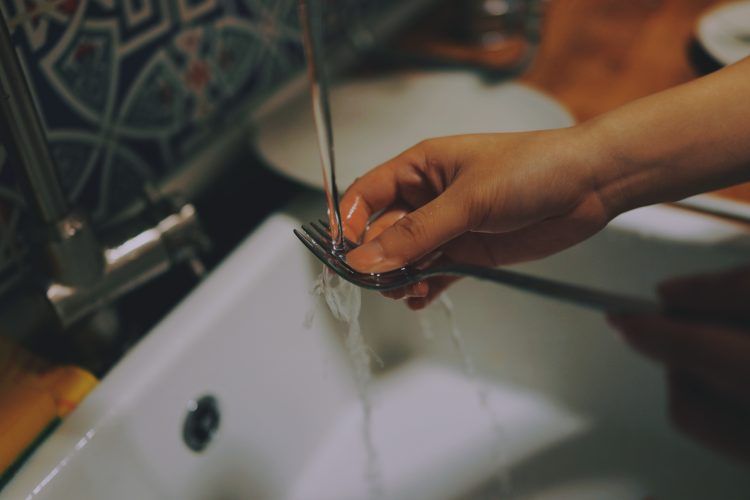
The problems in Flint, Michigan with lead in the water has brought a lot of attention to the water problems that we face as a nation. Aging infrastructure, cash-strapped public utilities and persistent contamination of water reservoirs are not making home water quality standards improve. Hydraulic fracturing used in natural gas exploration (fracking) is also blamed for water problems that can be even worse if you rely on well water. Here is how to make you tap water at home high quality.
Inspect Your Water Source
Independent testing companies will test your water to give you a complete breakdown of what it contains. This can be very insightful for planning what to do, especially if you are in a community where your home relies on wells, cisterns or other water sources that are not treated through a municipal water treatment facility. The water that comes into your home can potentially contain anything from lead to pesticides to the active chemicals in prescription medications. Most public water treatment plants have no way of filtering out biologically active chemicals from pharmaceutical drugs. Drugs have been found in Lake Michigan, and it is the main supply of drinking water for Illinois. Knowing what is in your water will help you in decisions of how to make it safer.
Purifying Your Home’s Drinking Water
With your body being about 65 percent water that constantly needs to be replenished, it is easy to understand why drinking contaminant-free water at home is important. The water you use at home is ingested when you drink it or mix it with any other beverage or food item that you make. Boiling water kills germs, such as bacteria and parasites, but it can also concentrate dissolved chemicals in the water. Even if you have a public water supply to your home, adding a reverse osmosis whole-house filtration system can improve the contaminant profile of your home’s drinking water significantly. Additional home water treatment equipment, such as hydrogen peroxide injection systems to remove iron, ultraviolet light to kill pathogens, and carbon filters to improve taste, can improve your confidence in your family’s drinking water supply.
Softening Water
In addition to cooking with and drinking water, you use it for bathing and washing your clothes. If you have hard water, shampoos and soaps you use in the shower or bathtub do not clean as well and clothes do not get as clean either. Water softening controls minerals in the water that interfere with the wetting ability of soaps and detergents. Their wetting ability is what makes you and your clothes get clean. Hard water also leaves rust stains in commodes and sinks. If you have hard water, then all lines, except the ones that lead to faucets you drink from, should be connected to a whole-house water softening system. This can be arranged by seeking out professionals, like Johnson Water Conditioning, who specialize in this industry.
Intelligent Water Well Drilling
If you live in a rural area served by a well on your property, then you may be better off to consider how groundwater flows in order to improve your well water quality. Many think that a deep well automatically provides cleaner water, but a publication from the University of Wisconsin shows how the well casing depth along with how far away cleaner above ground areas are should decide how deep to go with a well. The publication also explains how the casing that lines the well determines the depth, not the actual number of feet down the well is drilled. The casing prevents ground water from higher up filling the well. Deep wells pull ground water from farther away. So, if your well is on a farm, a deep one may be a better choice. On the other hand, if you live close to a natural wooded area and a farm is farther away, then a shallow well may produce cleaner water. This is intelligent drilling for water wells.
Whatever methods or technologies you employ to make your home’s drinking water safer, it is worth it. The foods you eat over the years are likely to change, but think about all those years of drinking the same water every day. It should be the cleanest and purest you can manage to attain. Also, just because it may be public water does not mean it is pure. Get it tested, filter out what you can, soften hard water to have cleaner clothes and bodies, and maybe even be active in promoting water safety legislation in your area.


Comments
Loading…